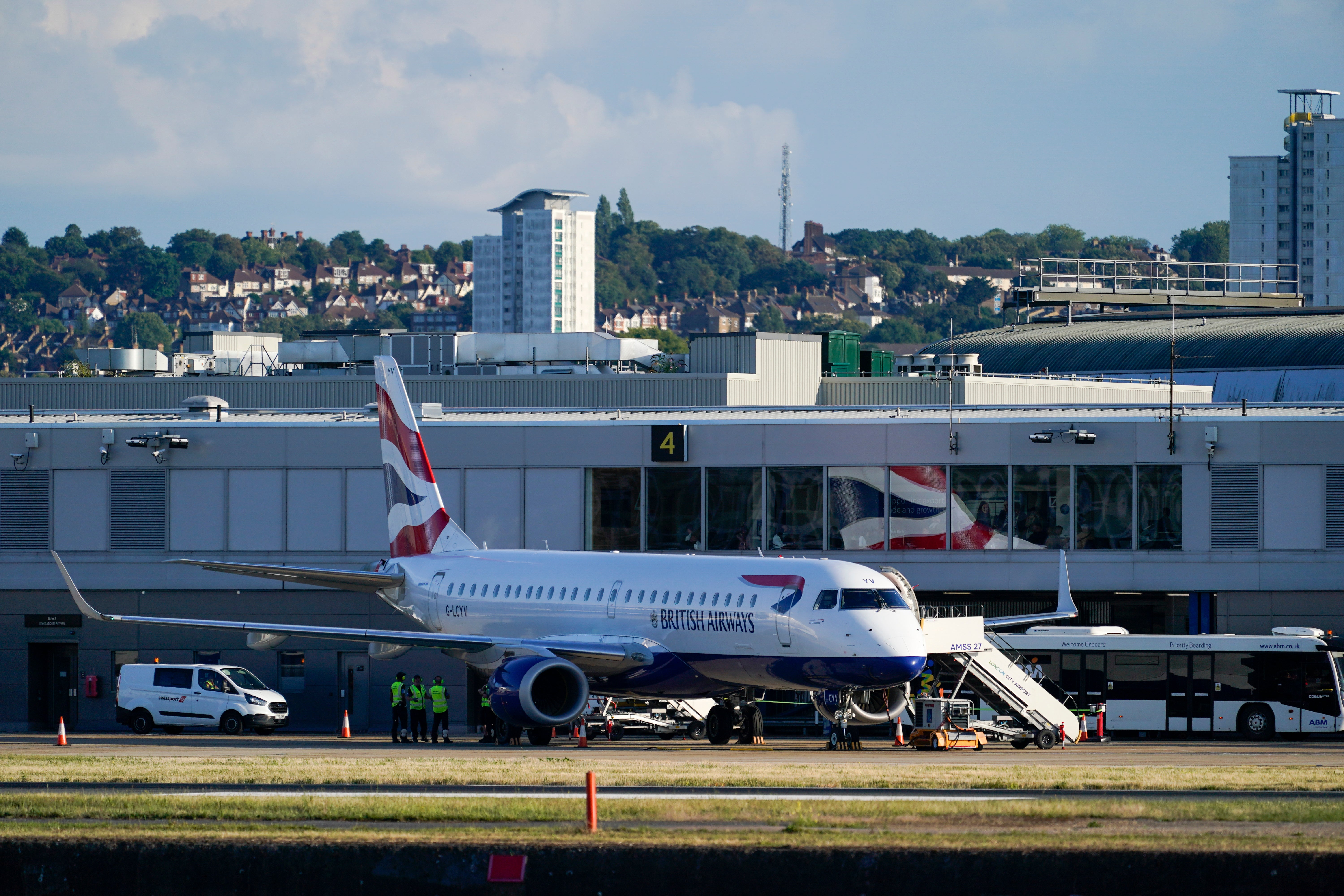Air traffic failure: how much do controllers earn?
The average salary of an air traffic controller is £18,001, according to a UK government website

Your support helps us to tell the story
From reproductive rights to climate change to Big Tech, The Independent is on the ground when the story is developing. Whether it's investigating the financials of Elon Musk's pro-Trump PAC or producing our latest documentary, 'The A Word', which shines a light on the American women fighting for reproductive rights, we know how important it is to parse out the facts from the messaging.
At such a critical moment in US history, we need reporters on the ground. Your donation allows us to keep sending journalists to speak to both sides of the story.
The Independent is trusted by Americans across the entire political spectrum. And unlike many other quality news outlets, we choose not to lock Americans out of our reporting and analysis with paywalls. We believe quality journalism should be available to everyone, paid for by those who can afford it.
Your support makes all the difference.Air traffic controllers are responsible for ensuring all planes and passengers get to their destination safely and on time, but this week a “technical glitch” has delayed hundreds of flights across Britain.
Around 200,000 people started the day on Tuesday where they did not wish to be – with many expecting to be stranded for several days, as airlines struggle to recover from the hours-long failure of the National Air Traffic Services (Nats) system on bank holiday Monday.
Almost 300 flights were cancelled at the UK’s six busiest airports alone on Tuesday. Most were short-haul departures from London Heathrow but some transatlantic flights were also affected.
So how much do air traffic controllers get paid, and what qualifications do they need to do the job?
The average salary of an air traffic controller is £18,001, according to a UK government website. Workers can expect to work 35 to 45 hours a week, including weekends and bank holidays. Air traffic controllers with more experience can expect to earn up to £43,469, while senior salaries can rise to over £100,000 at larger airports.

Four of five GCSE grades nine to four (A* to C) and A Levels or equivalent are needed to get on to an apprenticeship or trainee scheme, which are the two most common routes into the job.
Controllers for Nats, which provides air traffic control services to UK flights, can earn up to £105,265 per year, according to jobs website Glassdoor. The Highlands and Islands Airports salary can reach £75,500, while those who work for the Royal Air Force can earn £47,000 per year.
Once in the job, apprentices or trainees can become area controllers, approach controllers or aerodrome controllers. Area controllers track and guide aircraft flying at “higher altitudes”, based at a regional control centre.
Meanwhile, approach controllers manage aircraft as they approach an airport, and issue instructions to planes that have just taken off.
Aerodrome controllers work in a control tower, giving clearance to land and take off, as well as guiding pilots to the correct position on stands and runways.
Air traffic controllers are expected to relocate to Fareham, Hampshire, while completing training. Once qualified, applicants can be sent to work anywhere in Britain.
Initial training can take up to a year. Further training can be considered if applicants have aviation experience such as a military air traffic controller, or a military or commercial pilot.
During times of travel chaos, The Independent’s travel correspondent Simon Calder is here to provide unparalleled advice to holidaymakers. You can sign up for Simon’s newsletter by clicking here. Subscribers to Independent Premium can also receive a weekly Ask Me Anything email from Simon which sees him answer your burning travel questions. You can sign up to Independent Premium by clicking here.



Join our commenting forum
Join thought-provoking conversations, follow other Independent readers and see their replies
Comments